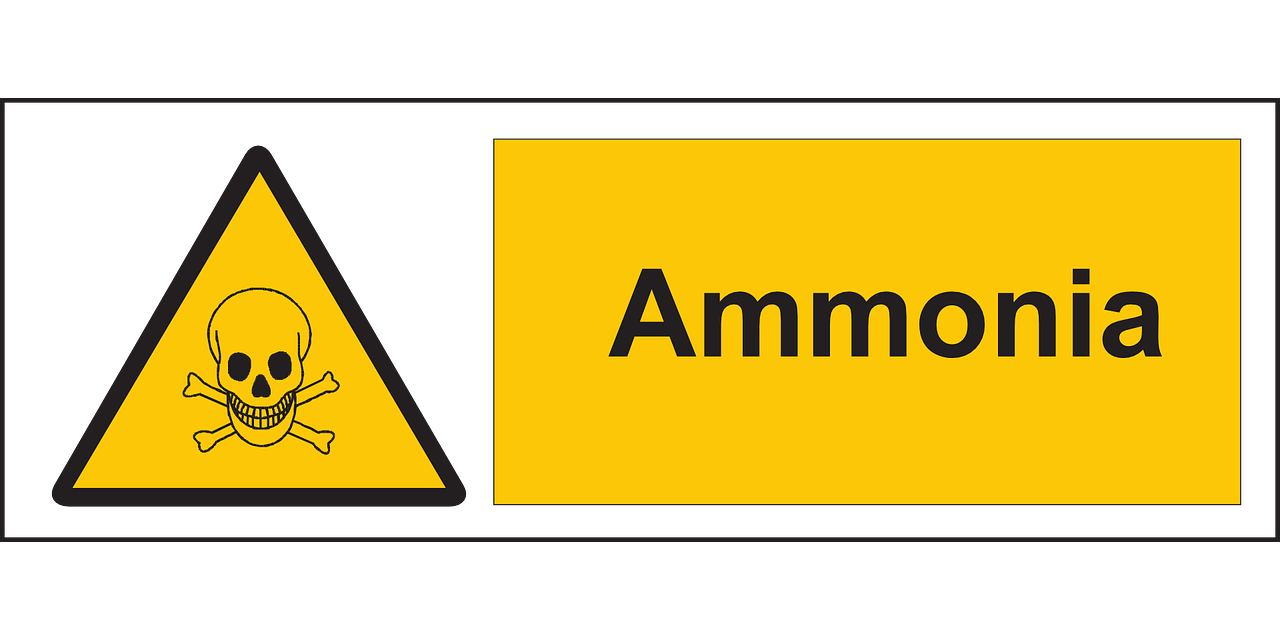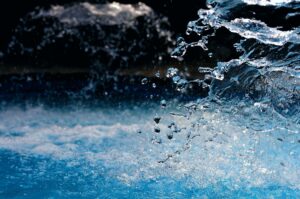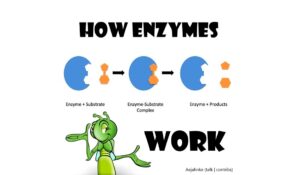Ammonium hydroxide, or ammonia water, is a common chemical in swimming pool care. It is a colorless solution of ammonia gas in water and has a pungent odor. It is a weak base and can adjust the pH level, potentially making it another tool for the swimming pool professional.
In a pool, ammonia accepts a proton from the water (H2O), and we end up with ammonium and hydroxide in equilibrium as NH3 + H2O 
When added to pool water, as shown in the formula above, ammonia reacts with H2O to form ammonium and hydroxide ions. The hydroxide ions then react with hydrogen ions in the water, effectively neutralizing them, raising the pH (OH− + H+ = H2O). The amount of ammonium hydroxide required to adjust the pH level depends on the size of the pool, of course, and the current pH level.
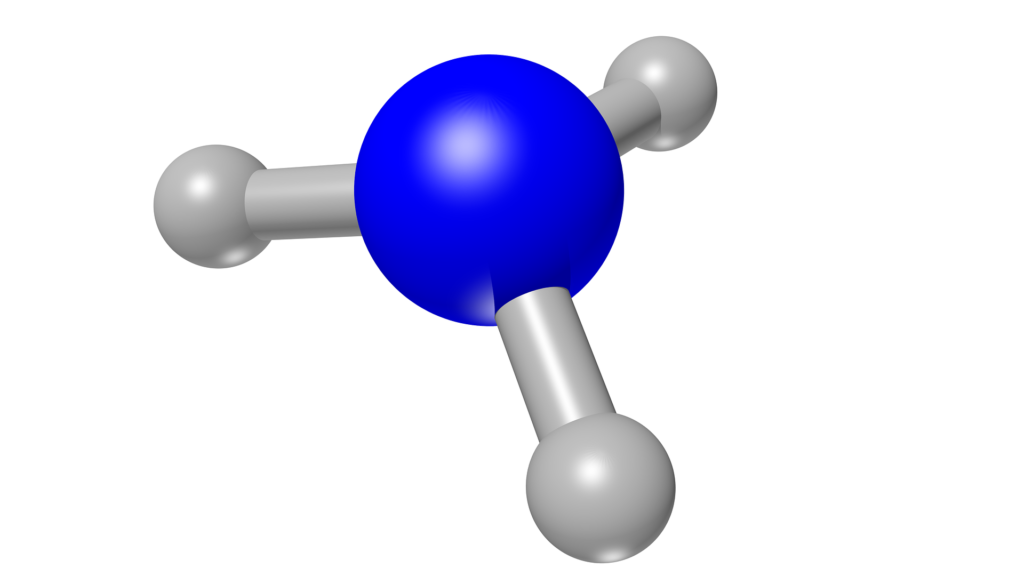
The product has a high pH
In ammonia water with a temperature of 77°F , a little less than half (42%) of the ammonia becomes ammonium, with a pH of 11.12
It is essential to handle ammonium hydroxide with care, as it is a potent chemical that can cause skin and eye irritation. When using ammonium hydroxide, it is important to wear gloves and chemical splash goggles to protect yourself from exposure. It is also important to mention that the fumes that release above the water when you add this stuff will kick your ass. If you think the muriatic acid cloud on a cool morning is rough, you ain’t seen nuttin yet.
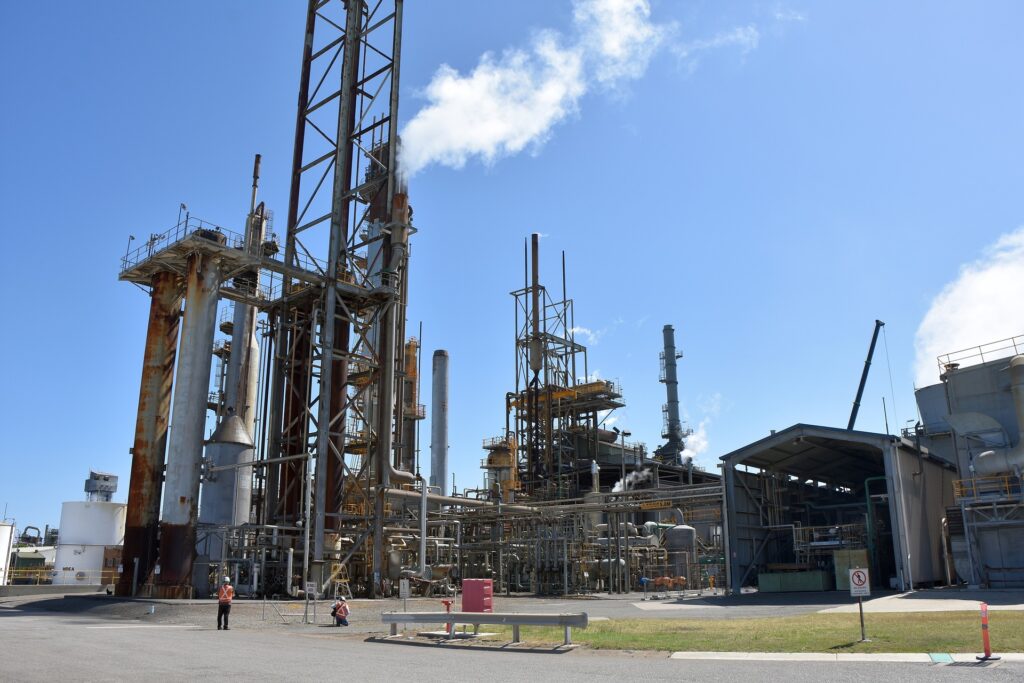
Making chloramines on purpose
In addition to its use in pH adjustment, ammonium hydroxide is an effective sanitizer in pool water. Ammonia is a natural disinfectant and, in combination with other pool chemicals, will keep the water clear and free of harmful bacteria and other organisms. In chlorinated water the addition of the product quickly forms monochloramine; although not as strong a disinfectant as free chlorine, with no attraction to cyanuric acid it is the better choice in fighting algae in pools with higher stabilizer levels. It is important to note that ammonia can not be the sole sanitizer for pool water, as a stand-alone it kind of sucks.

